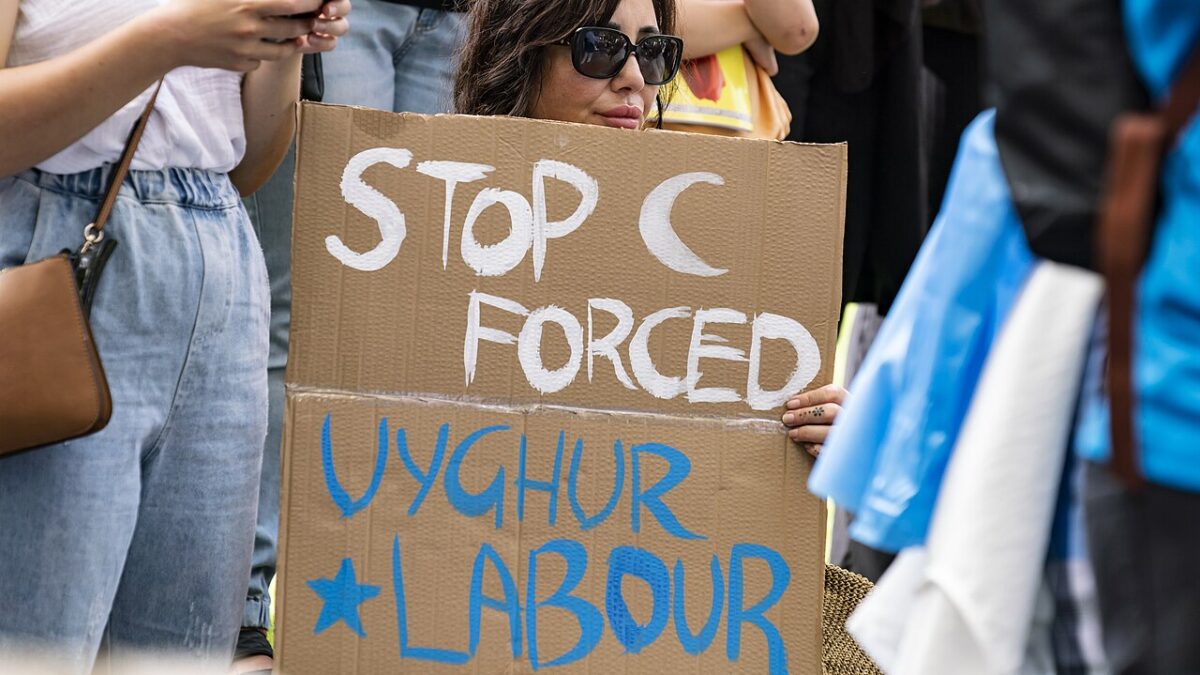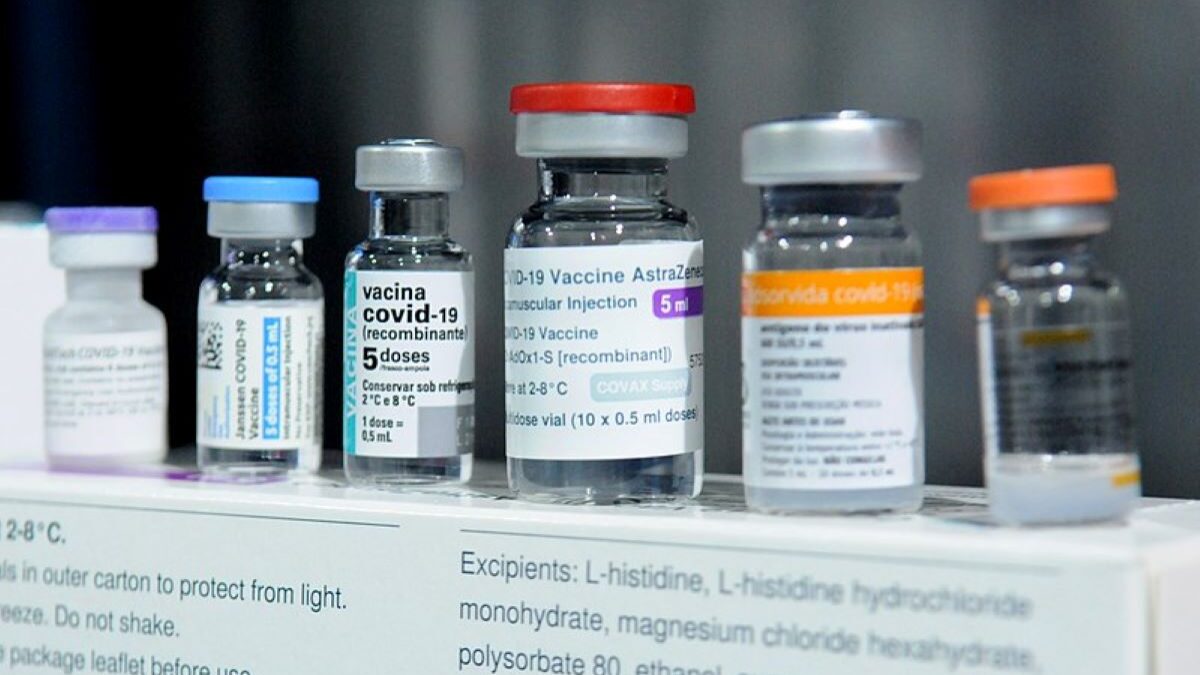Jonathan Jacob Meijer is a jack of all trades. The Dutchman’s YouTube channel, which dates back nearly 15 years, features hundreds of videos of him making music, teaching, traveling, exercising, philosophizing about life and religion, buying stocks, eating raw meat, and exploring cryptocurrency.
Hiding behind the beachy scenes and touristy destinations that dominate the screen showcasing Meijer’s life, however, is the not-so-well-kept secret of the man’s most prolific hobby: selling his sperm to create what is believed to be thousands of fatherless children all over the world.
Netflix’s “The Man With 1000 Kids” aimed to change that. The three-episode docuseries, which currently ranks at the top of the streaming platform’s top TV shows, begins by highlighting the stories of several single women, homosexual couples, and at least one couple rendered infertile via an irreversible vasectomy who solicited Meijer’s help through private procreation websites to expand their families.
After connecting with him via email, the Netherlands residents made concrete plans to use Meijer’s sperm for rudimentary artificial insemination, or, in some cases, a more traditional babymaking rendezvous. Meijer, who used multiple aliases to converse with his clients, claimed he avoided sperm banks and was sometimes happy to do his work pro bono.
Turns out, Meijer’s seemingly philanthropic effort, which the women featured in the documentary say he repeatedly claimed he limited to five families (an allegation he denies), was a facade.
His sperm-selling scheme was blown wide open when the women who used Meijer to fulfill their desire for children slowly discovered the kids of some of their neighbors, coworkers, and childhood friends were their babies’ half-siblings. The Netherlands restricts sperm sellers to 25 offspring within 12 families to reduce the risk of incest and inbreeding, but Meijer’s genetic influence had clearly surpassed that.
A Road Less Traveled?
Around 2017, it was discovered that Meijer had deposited his DNA at nearly a dozen of his country’s fertility facilities. Documentation and testing ultimately determined Meijer fathered 102 Dutch children through commercial sperm selling alone.
The reach of Meijer’s international and private procreation, however, was far more difficult to determine thanks to his participation in the world’s largest gamete buying business. Meijer, a frequent globe trotter, is believed to have partnered with Cryos International to spread his seed in dozens of countries.
Cryos told Netflix that it maintains a “strict stock management system that aims for the outcome of a maximum of 25-50 families worldwide per donor” but admitted that the contracts it makes suppliers like Meijer sign are not very enforceable.
“These donors can go in and they can bounce around from clinic to clinic to clinic,” fertility fraud activist Eve Wiley explained in episode two of the docuseries. “Even though they sign something that says that they’re not donating elsewhere, there’s nothing to enforce it, because it’s just a guideline and a recommendation, and that’s the problem. When you’re breeding puppies or livestock and cattle, that is more regulated than the fertility industry and sperm donation.”
As long men pinky promise they won’t hand over their DNA to any other fertility facility, companies like Cryos freely advertise the sale of that sperm all around the world using childhood photos and search criteria designed to help buyers select someone with desirable physical and personality traits.
“We know that this is morally wrong, but just because it’s morally wrong doesn’t make it illegal,” Wiley added.
Meijer revealed during litigation that he thinks his offspring numbers closer to 600, but one Australian woman who bought into Meijer’s plot estimated, after a cursory search and some math, that Meijer maxed out his quota in most European countries and was responsible for the creation of “thousands” of children on other continents.
News stories and a growing Facebook group of women who used the man to become mothers, also suggested a far higher number of Meijer’s children were scattered across the globe than he initially let on. When the women pressed Meijer for answers or the master list of all of the kids he had fathered, however, he threatened to cut any and all contact with his biological children.
“We had been totally failed. We had been failed by the donor, and we had been failed by the sperm bank. So it was like everyone was in cahoots. No one had cared about the legislation, and the sperm banks just wanted our money,” the Australian woman said.
The Cost Of Babies At Whatever Cost
A Dutch judge eventually ordered Meijer in April 2023 to stop handing out his gametes and destroy any samples he had already provided to banks around the world to curb the multi-generational risk of inbreeding his sperm-spreading spree started.
The motivation for the judge’s decision was to keep Meijer’s children from enduring any more harm at the hands of his international breeding plans. Yet, even if their biological dad only fathered the recommended amount of offspring, Meijer’s kids were likely to suffer the psychological, emotional, and physical side effects of outsourced procreation.
Reproductive technologies, such as making babies with supplied sperm that come with no relational strings, are morally problematic because they sideline the natural right children have to a mother and father in favor of adults’ selfish desires.
Donor-conceived children often experience pain when they are distanced from their biological roots. Gametes suppliers, too, suffer emotionally once they realize they will likely never develop a fatherly relationship with their flesh and blood.
One thing the show fails to explore is that Meijer wasn’t the only person victimizing the thousands of fatherless children he created. The women who employed a system that intentionally distances offspring from their biological roots put their children at a disadvantage from conception.
Children born into homes without a present father are less likely to excel in school or even graduate. Fatherless sons, specifically, are far less likely to graduate college by their late-20s than their peers who are raised by their biological parents.
“I just wanted to have a baby, so much so I wasn’t thinking rationally,” Patricia, a woman who tried to conceive with Meijer naturally, admitted.
Another problematic element of the sperm selling and buying arrangement is that the women featured in the show had no problem choosing Meijer out of a lineup of gametes sellers based on his good looks.
“He has beautiful blond hair with a big smile and I’m ready to have beautiful babies,” Patricia said.
One interviewee even bragged in episode one that flipping through the catalog of men who could father her child was much like perusing an ice cream menu filled with different “flavors.”
When these same women learned that Meijer might be in cahoots with other serial sperm suppliers to “bleach” Kenya with blond-haired, blue-eyed offspring, however, they acted disgusted at the eugenic undertones.
Their own objectification of Meijer because he possessed what they believed to be desirable physical traits was quickly forgotten in favor of concerns that he allegedly played “sperm roulette” with another man who allegedly fathered an estimated 400 children to see who could produce the most offspring.
“The Man With 1000 Kids” isn’t simply a cautionary tale about curbing creeps who are obsessed with selling their semen to women desperate to have children. The docuseries also serves as a stark reminder of the emotional, relational, and physical consequences an unchecked, international fertility industry can have on children for years to come.









